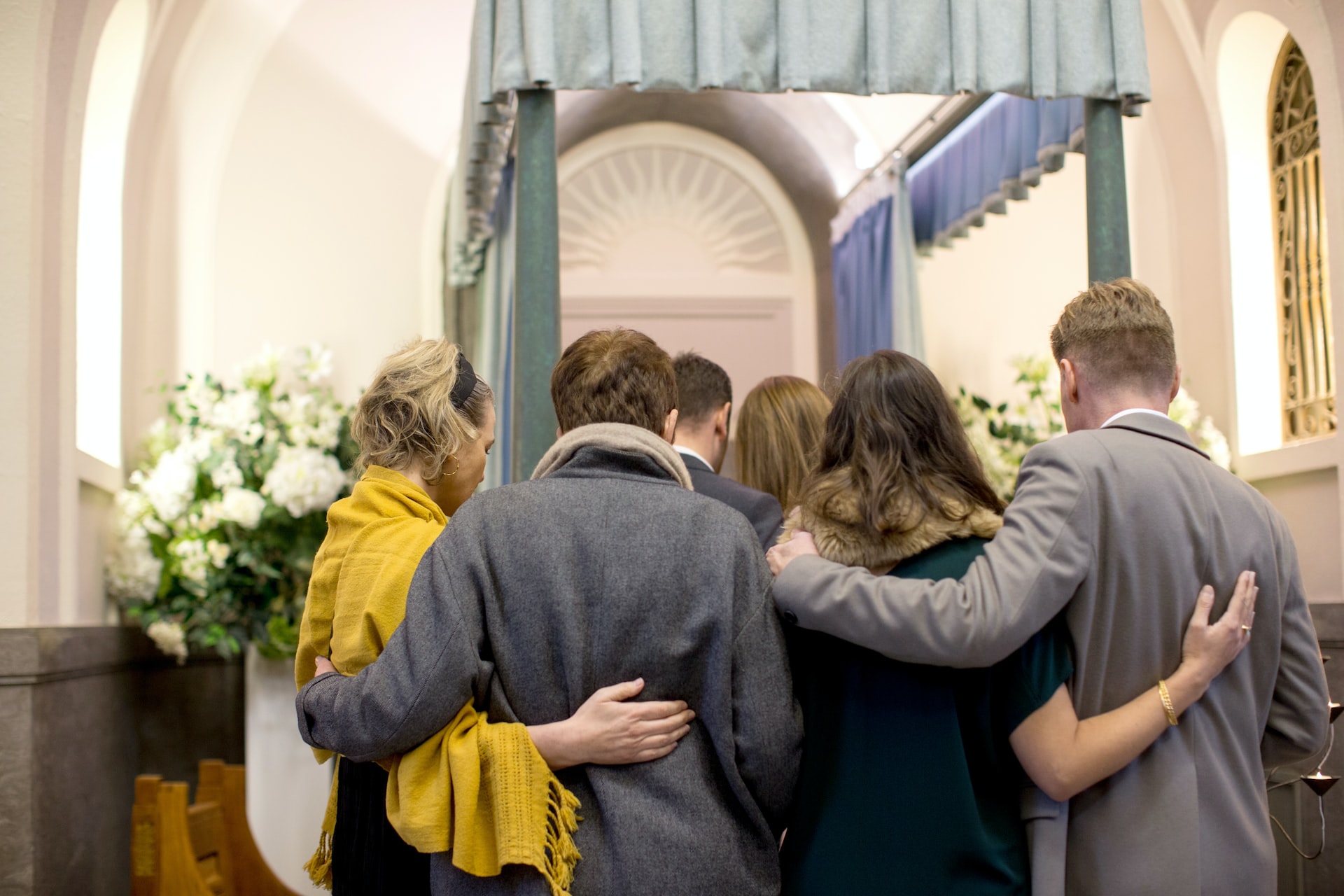
Cremation is the process of reducing a deceased person’s body to bone fragments using extreme heat. The cremated remains, or “ashes,” are then typically stored in an urn or scattered in a unique location. The length of time it takes to cremate a body depends on the size and weight of the individual. On average, however, the process takes two to three hours.
The cost of cremation varies depending on the services requested and the location. On average, however, cremation typically costs between $1 thousand and $3 thousand.
It can take up to two weeks for a cremation to be completed. This includes the time it takes to get authorization and to perform the cremation. The cremation itself takes about three to four hours. The ashes are typically returned to the family seven to ten days after the body is cremated.
After your loved one passes away, you will need to contact a crematorium to have them take care of the remains. The amount of time that it will take for the cremation process to be completed will depend on your location, as there may be different waiting periods, authorization processes, and paperwork requirements depending on the state that you are in.
Once all necessary preparations have been made, the crematorium can take care of the remains and complete the cremation process. Consider the following when planning for a cremation:
A cremation cannot be scheduled until the death certificate has been filed with the local registrar. Each state has different regulations on how the death certificate must be filed.
States have different requirements for how soon after death a cremation can occur. In Texas, there is a 48-hour waiting period, while in Illinois, there is a 24-hour waiting period. Minnesota requires that cremation occurs within six days if there is refrigeration or 72 hours without it.
The waiting period is the time that must pass before a death certificate can be issued. State or local regulations usually determine this period.
If your loved one has specified that they want to be cremated, you will need permission from the person who can approve the process. This varies from state to state, but it is often the responsibility of the person listed as Power of Attorney or the deceased’s spouse. The authority will go to the surviving children if neither of those people is available.
Cremation ashes can be collected a few days after the cremation is completed. The crematorium will usually have a set day and time for when you can pick up the ashes. You may be able to pick them up the day after the cremation, but it could take a few days for the ashes to be ready.
Some people scatter the ashes in a place significant to the deceased, while others prefer to keep them in an urn or another container. There are also options for making the ashes into jewelry or even a tattoo. Ultimately, it is up to the deceased’s individual or family to decide what to do with the ashes, and there is no right or wrong answer.
The urn should be placed where the family can see it and spend time together. This can be a great way to honor their memory and give yourself peace of mind knowing that their ashes are in a beautiful, natural place.
Making decisions about what to do with a loved one’s ashes after they have passed away can be very difficult. It is often an emotional time for family and friends who are grieving. Hopefully, this article has provided information that may help to ease the process.
Are you looking for an affordable cremation service? Turn to Ashes to Ashes Corporation, a state-licensed simple cremation provider. You can make arrangements by phone, email, or in the comfort of your own home. Request information now.